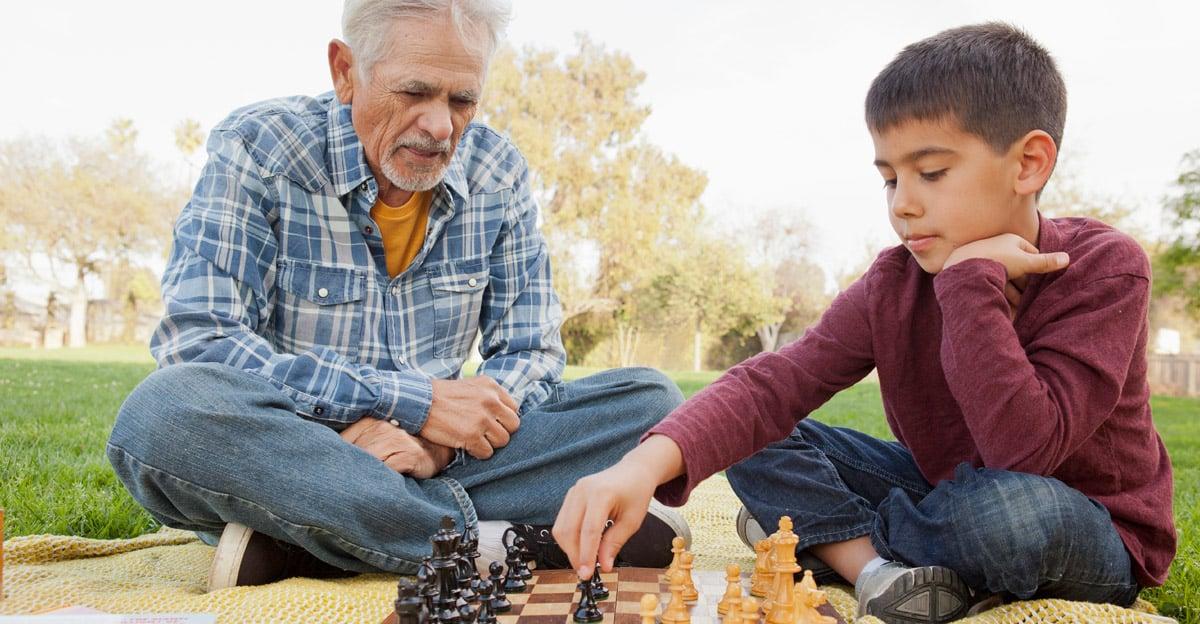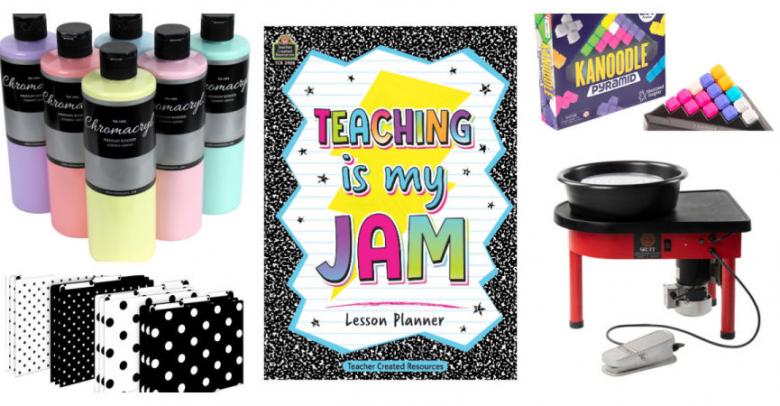Educational board games not only help your kids remember important facts and figures, but they also provide hours of entertainment for the entire family. Here are a few great at-home educational board games you may want to consider.
Chess
Chess doesn’t review a specific scholastic subject. It instead requires skills that are just as critical. This game helps your kids to think ahead, strategize and solve challenging situations.
Chess can also improve your child’s memory and concentration skills. It’s a great option for 7th and 8th-grade students. It can also be utilized for younger children, as even first graders can learn to play chess well and reap its learning benefits.
Scrabble
Junior Scrabble is ideal for children ages 4 to 7 years. The words are spelled on the board so children don’t necessarily need to know how to read to play the game. They simply need to match the letters and complete words to score points.
Classic Scrabble is better suited for ages 8 and up. Playing Scrabble not only helps kids review basic spelling rules, but also expands their vocabulary as they see new words on the game board. Don’t be surprised if you find your kids studying the dictionary and thesaurus between games looking for new words to score as many points as possible!
Battleship
Battleship isn’t just about sinking your opponent’s ships. It involves logic, critical thinking, and strategy, all of which are important skills from which every child can benefit. What’s more, Battleship helps your young strategists get comfortable seeing and using a grid.
Playing Cards
While not technically a board game, playing cards have more than earned their spot on any at-home learning game list. War is a fast and simple card game with numerous variations that can help kids develop basic, intermediate, and advanced math skills.
Playing cards can also enhance memory. There’s the classic game of placing cards face down and finding two cards that are the same. Or you can challenge them to find added pairs that make a pre-determined sum. The same principle can be applied to liven up a game of Go Fish.
These are just some of the many educational games you can enjoy with your children for at-home learning and extended learning practice. Involve your kids in the game-choosing process, set aside time to play together, then enjoy learning!






Leave a Reply